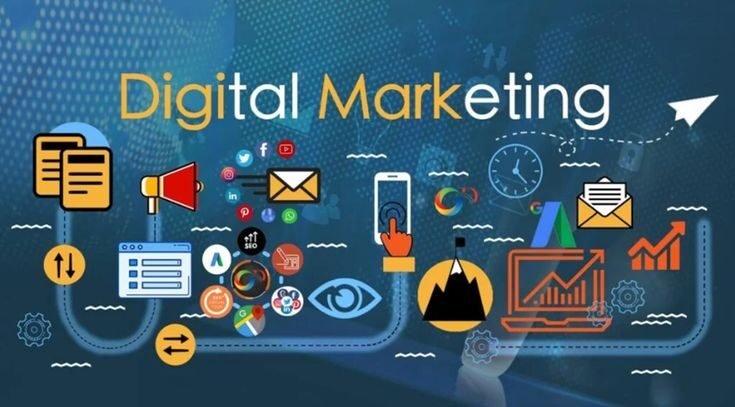As artificial intelligence (AI) continues to evolve rapidly, one of its most transformative applications has been within the realm of digital marketing. From predictive analytics to personalized customer experiences, AI in digital marketing is shaping the way businesses attract, engage, and convert customers online.
The world of artificial intelligence (AI) is growing incredibly fast, and one of the biggest ways it’s changing things is in digital marketing. Think about it: AI isn’t just a fancy idea anymore; it’s actively helping businesses understand what customers might do next (that’s predictive analytics) and even create special, one-of-a-kind experiences for each person (personalized customer experiences).
This means that how companies get people interested, keep them engaged, and turn them into paying customers online is being completely reshaped by AI. It’s making marketing smarter, more targeted, and ultimately, more effective than ever before.
But is AI truly a game-changer in this space—or is it simply a trend inflated by hype?
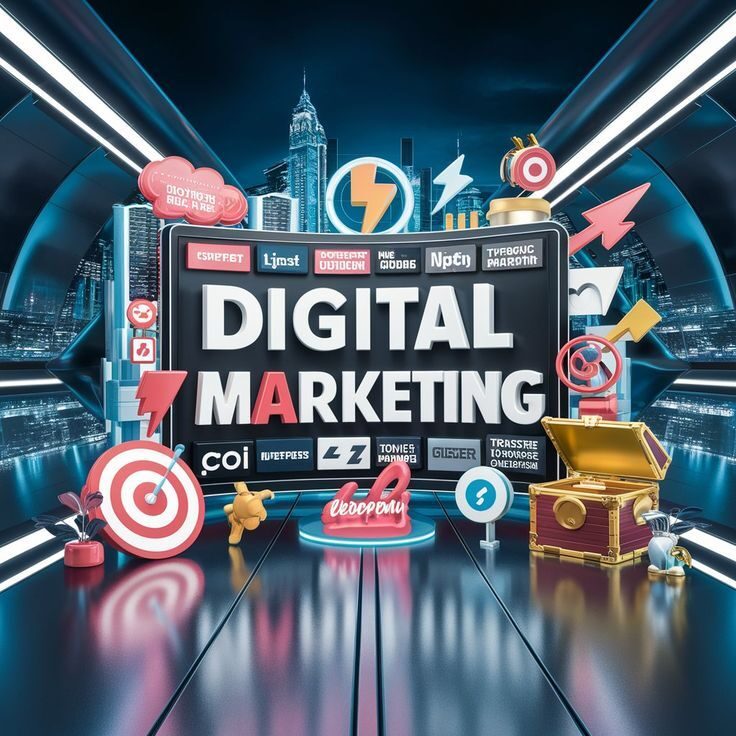
AI in Digital Marketing: Game-Changer or Hype?
In this article, we will explore the current role of AI in digital marketing, examine its real-world use cases, weigh the benefits and limitations, and help you understand whether AI is a must-have or just another buzzword.
What is AI in Digital Marketing?
Artificial Intelligence in digital marketing refers to the use of machine learning algorithms, natural language processing (NLP), computer vision, and data analysis tools to enhance marketing processes. These tools allow marketers to automate tasks, interpret customer behavior, and deliver highly targeted content to specific audiences.
From chatbots that answer queries 24/7 to algorithms that recommend products based on browsing history, AI is increasingly present in our daily digital experiences.
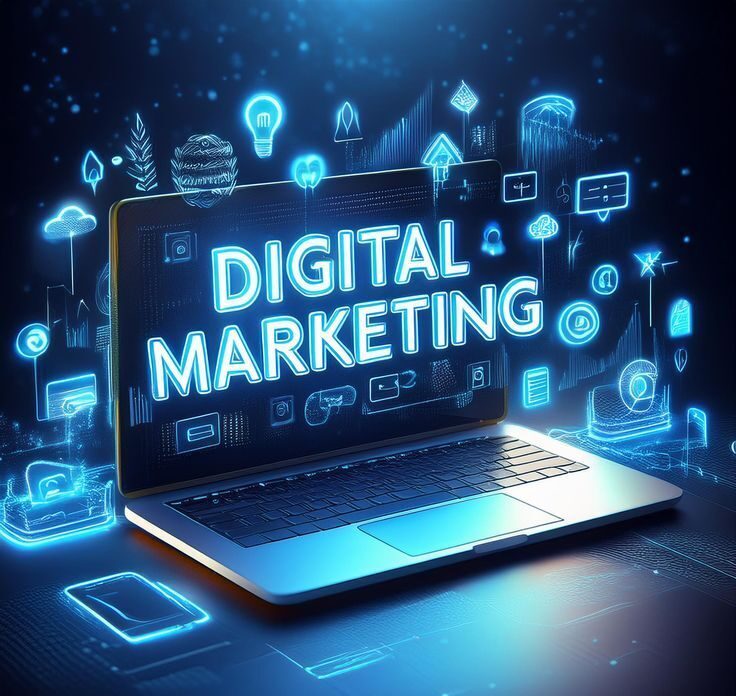
Key Applications of Digital Marketing
1. Personalized Content and Customer Journeys
One of the most impactful uses of AI in digital marketing is hyper-personalization. AI can analyze customer data—such as browsing history, past purchases, and interactions—to deliver tailored messages and recommendations. This enhances user experience and increases the likelihood of conversion.
Netflix, Amazon, and Spotify use recommendation engines powered by AI to customize what users see, and many e-commerce and service-based companies are adopting similar strategies.
2. Chatbots and Conversational Marketing
AI-driven chatbots have revolutionized customer service. These intelligent tools can handle thousands of customer queries simultaneously, offering instant support, 24/7 availability, and consistent information.
Modern chatbots use NLP to understand user intent and provide human-like interactions, leading to improved customer satisfaction and lower operational costs.
3. Predictive Analytics
AI tools can analyze historical data to predict future customer behavior. This includes forecasting product demand, identifying at-risk customers, or estimating the success of future campaigns.
Predictive analytics is particularly useful in lead scoring, email marketing segmentation, and ad targeting, enabling marketers to allocate their resources more effectively.
4. Automated Content Creation
AI can now generate basic content, such as product descriptions, blog outlines, and social media captions. While it doesn’t replace human creativity, it accelerates content production and reduces workload.
Tools like GPT-based language models and AI-powered video editors are being used to streamline content workflows for agencies and businesses alike.
5. Paid Advertising Optimization
Platforms like Google Ads and Facebook Ads already use AI to automate bidding strategies, optimize audience targeting, and deliver ads at the right time. AI continuously learns from user interaction data to improve performance, lower costs per click, and boost conversions.
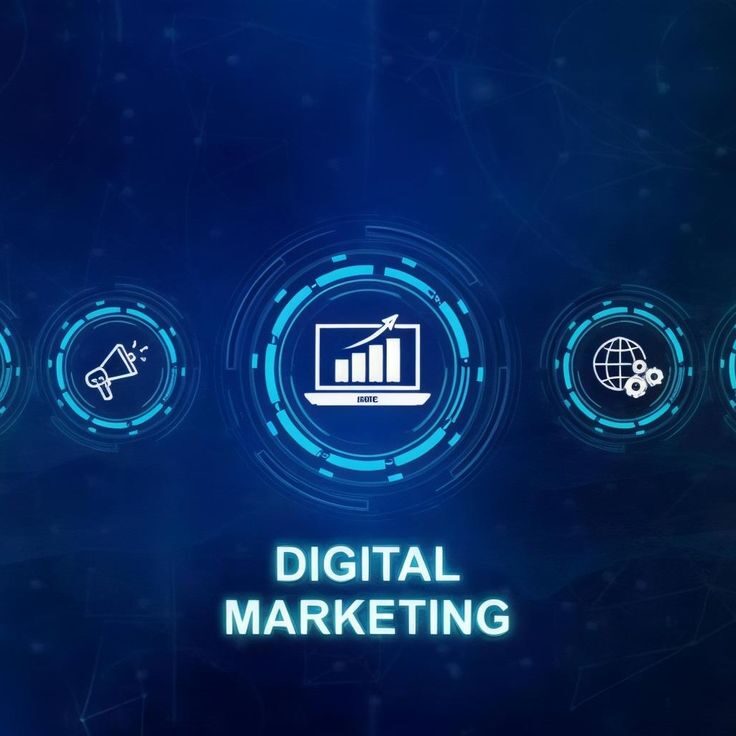
Benefits of Using AI in Digital Marketing
1. Enhanced Customer Experience
AI enables brands to deliver a seamless and personalized user experience. Whether it’s product recommendations or automated service through chatbots, customers receive faster, more relevant interactions.
2. Data-Driven Decision Making
AI processes large volumes of data in real time, offering valuable insights into customer behavior and campaign performance. Marketers can make informed decisions quickly, which leads to better ROI.
3. Increased Efficiency and Scalability
By automating repetitive tasks such as reporting, data entry, and content curation, marketers can focus on strategic activities. AI tools also allow businesses to scale their marketing efforts without proportionally increasing headcount.
4. Competitive Advantage
Early adoption of AI in digital marketing gives businesses a competitive edge. Those who utilize AI effectively are often better at understanding market trends, adapting strategies, and engaging their audiences.
Challenges and Limitations of AI
Despite its numerous benefits, AI in digital marketing does come with certain challenges.
1. High Implementation Costs
Advanced AI tools and platforms often require significant investment. Small to medium-sized businesses may struggle with upfront costs, integrations, and ongoing maintenance.
2. Data Privacy Concerns
AI systems rely on massive amounts of customer data, raising serious privacy issues. Misuse of personal data or data breaches can harm brand trust and violate regulations like GDPR.
3. Lack of Human Touch
While AI can simulate conversations, it may lack the emotional intelligence and creativity of human marketers. Over-automation might result in impersonal interactions that drive customers away.
4. Dependence on Data Quality
AI’s effectiveness hinges on the quality of data it receives. Inaccurate, incomplete, or biased data can lead to flawed predictions and decisions.
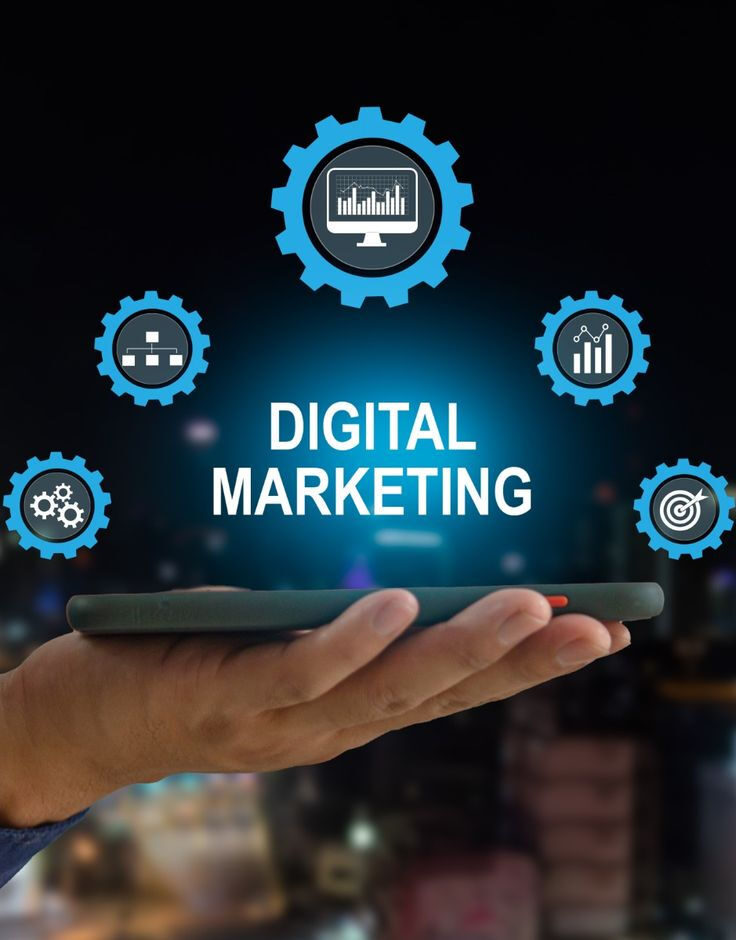
Is AI in Digital Marketing Just Hype?
While AI has been a trending topic, it is far from being just hype. The technology has already proven its worth in improving digital marketing efforts. The real challenge lies in how it is implemented.
Businesses that view AI as a tool to support, rather than replace, human creativity and strategy tend to get the most value. When used thoughtfully, AI becomes a powerful partner in creating smarter, faster, and more effective marketing campaigns.
Real-World Examples of AI in Action
Coca-Cola uses AI to analyze social media content and consumer preferences to design new beverage flavors.
Sephora employs AI chatbots and facial recognition to offer virtual makeup trials.
Starbucks uses AI to power its rewards program, offering personalized offers based on purchase behavior and location.
These examples show how AI is not just a theoretical concept but a practical tool already delivering measurable results.
Future Trends: Where Is AI in Digital Marketing Heading?
1. Voice and Visual Search
AI is driving the evolution of search engines. Voice search and visual search are becoming more common, requiring marketers to optimize content for new formats.
2. Predictive Customer Behavior Modeling
Advanced algorithms will further enhance personalization by anticipating customer needs before they arise, leading to proactive marketing strategies.
3. AI-Generated Videos and Dynamic Ads
AI-powered video generation and dynamic creative optimization (DCO) will make advertising more engaging and personalized in real time.
4. Emotion AI
Emotion recognition software will analyze facial expressions, tone of voice, and sentiment to tailor content based on the customer’s mood and emotional state.
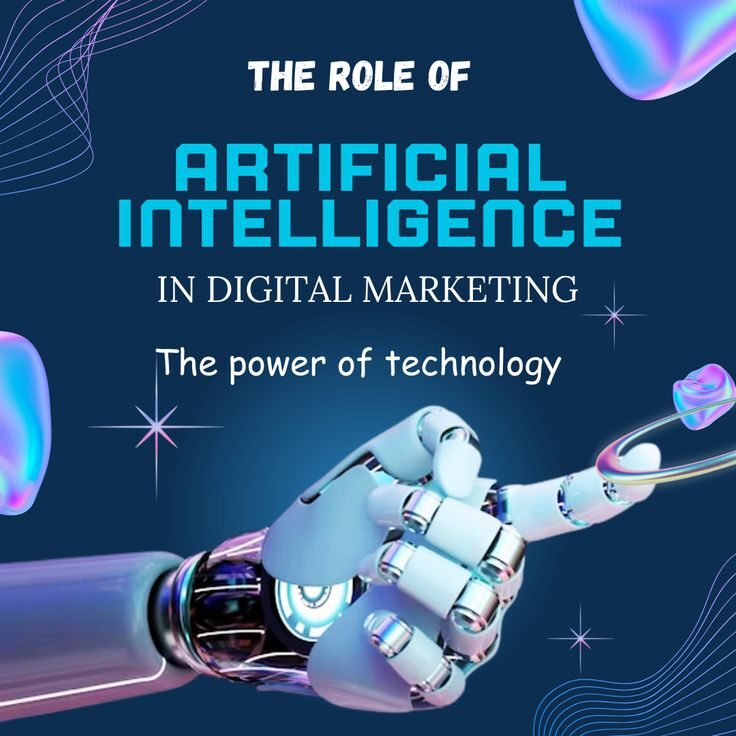
How to Get Started with AI in Your Digital Marketing Strategy
Identify Your Needs
Start by understanding where AI can add the most value—whether in automation, content, or customer engagement.Choose the Right Tools
Explore AI tools that align with your goals. Some popular ones include Jasper for content, Drift for chatbots, and HubSpot for AI-powered CRM.Train Your Team
Invest in training and upskilling your marketing team to work with AI technologies effectively.Test and Measure
Implement AI in phases, monitor performance, and refine your strategy based on real-time data and feedback.
Frequently Asked Questions
Q1: Everyone’s talking about AI in marketing, but is it just a buzzword, or will it actually make a tangible difference to my campaigns and ROI?
A1: Game-Changer, Absolutely! While “AI” can feel like hype, its practical applications in digital marketing are far from it. AI is fundamentally changing how we approach marketing by:
- Supercharging Efficiency: Automating repetitive tasks like data entry, basic content generation, and ad bidding frees up your team to focus on high-level strategy and creativity. This directly translates to time savings and cost reductions.
- Hyper-Personalization at Scale: AI analyzes vast amounts of customer data (behavior, preferences, purchase history) to create truly personalized experiences – from dynamic email content and product recommendations to highly targeted ad placements. This leads to significantly higher engagement and conversion rates, directly impacting your ROI.
- Predictive Power: AI can forecast future trends and customer behavior, allowing you to anticipate market shifts, optimize campaigns before they launch, and allocate your budget more effectively for maximum impact. It moves you from reactive to proactive marketing.
Q2: My marketing team is already stretched thin. Do we need to hire data scientists and completely overhaul our processes to even start using AI?
A2: Not at all! You can start small and scale up. Many AI tools are now built into existing marketing platforms (like HubSpot, Google Ads, Meta Ads) or are available as user-friendly standalone solutions that require minimal technical expertise.
- Leverage Existing Tools: Check if your current CRM, email marketing, or ad platforms have integrated AI features you can enable right away.
- Focus on Specific Problems: Start by identifying one or two pain points, like improving email open rates or optimizing ad spend, and then explore AI tools specifically designed to solve those.
- AI as an Assistant: Think of AI as augmenting your team’s capabilities, not replacing them. It handles the heavy lifting of data analysis and repetitive tasks, allowing your marketers to be more strategic and creative.
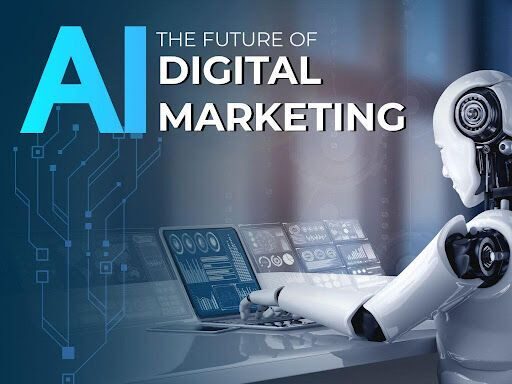
Conclusion
So, is AI in digital marketing a game-changer or just hype? The evidence suggests it is very much a game-changer—when applied thoughtfully and strategically. AI has the power to enhance personalization, boost efficiency, and drive smarter decision-making. However, it’s not a magic bullet. It should complement, not replace, the human elements of creativity, empathy, and strategic thinking.
The future of marketing belongs to those who embrace AI not as a gimmick but as a transformative tool in their digital arsenal. For businesses looking to stay ahead, the time to start is now.
If you want expert guidance, strategy, and execution that delivers real results—reach out to the professionals at Urban Dive Marketing (UDM) and you can also contact us on whatsapp or call us directly 03475159209

